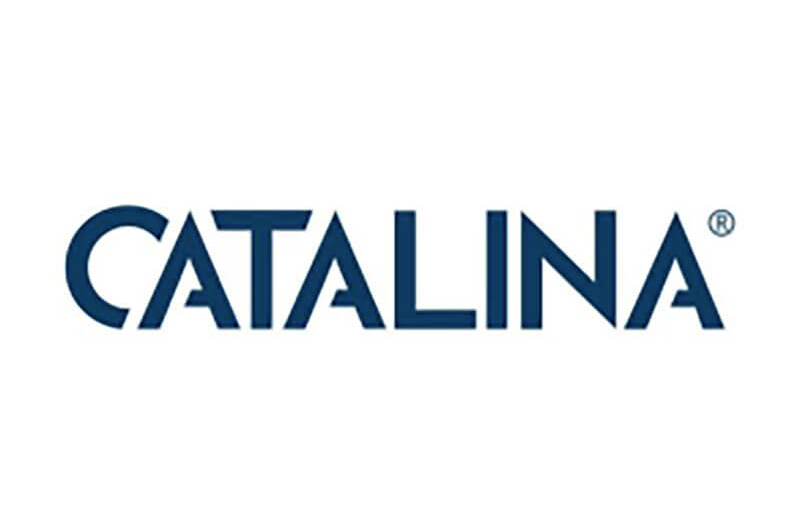While the number of new product introductions has fallen during the first two years of the pandemic – with private brands introducing nearly 34 percent fewer products in 2020 and 54 percent fewer products in 2021 – new national CPG Brands dropped substantially more – down 46 percent and 65 percent respectively – compared to 2019.
Amidst the overall pullback in 2020, Private Brand retailers focused on several categories for new product growth in 2021, according to data pulled from shopper intelligence leader Catalina’s Buyer Intelligence Database.
For example, the ready-to-eat cereal category saw a 48 percent decrease in new product introductions for Private Brands versus a 53 percent decrease for national CPG brands in 2020, the first year of the pandemic, compared to the same period in 2019. But in 2021, new product introductions for private brands increased by 66 percent while national brand launches declined by 35 percent.
Meanwhile, the cookie category experienced a 66 percent decline in new product introductions for Private Brands versus a 57 percent decrease for national CPG brands in 2020, compared to 2019. But in 2021, new product introductions for private brands shot up by 60 percent while national brands declined by 22 percent.
During the same timeframes, the dry cat food category experienced a 44 percent decline in new product introductions for Private Brands vs. a 5 percent decrease for national CPG brands in 2020. But last year, new product introductions for private brands were up 13 percent while national brands declined by 8 percent.
Inflationary Impact On Private Brand Pricing
As consumer concern about inflation continues, private brands are reinforcing quality and value in key categories while the price differential with some national CPG brands is shrinking, according to Phyllis Johnson, senior director of private brand development at Catalina.
She points to the paper products category as an example, where bath tissue and paper towel price gaps have lessened, even as the price differential for facial tissue has remained relatively flat because of name brand price increases.
“Overall, retailers are seeking to engage shoppers who may once again be turning to private brands as they did during the early days of the pandemic when name brand shortages prompted trial,” said Johnson. “I predict this could be a second chance for those retailers to effectively demonstrate the value of private brands and convert shoppers to loyal private brand buyers.”
2021 Top Private Brand Categories
Overall, some of the private brand categories that saw the greatest growth since the COVID-19 pandemic began include: frozen potatoes/baked (up 191 percent), pre-packaged breakfast sausage (up 173 percent), disinfectant cleaners (up 135 percent), baking ingredients (up 115 percent), contraceptives (up 97 percent) and home health testing, which includes COVID-19 kits and face masks (up 120 percent).
Catalina is a leader in shopper intelligence and highly targeted in-store, TV, radio and digital media that personalizes the shopper journey. Powered by the world’s richest real-time shopper database, Catalina helps retailers, CPG brands and agencies optimize every stage of media planning, execution and measurement to deliver $6.1 billion in consumer value annually.
Catalina has operations in the United States, Costa Rica, Europe and Japan.
For more information, visit catalina.com.
For more news from The Shelby Report on Catalina, click here.

